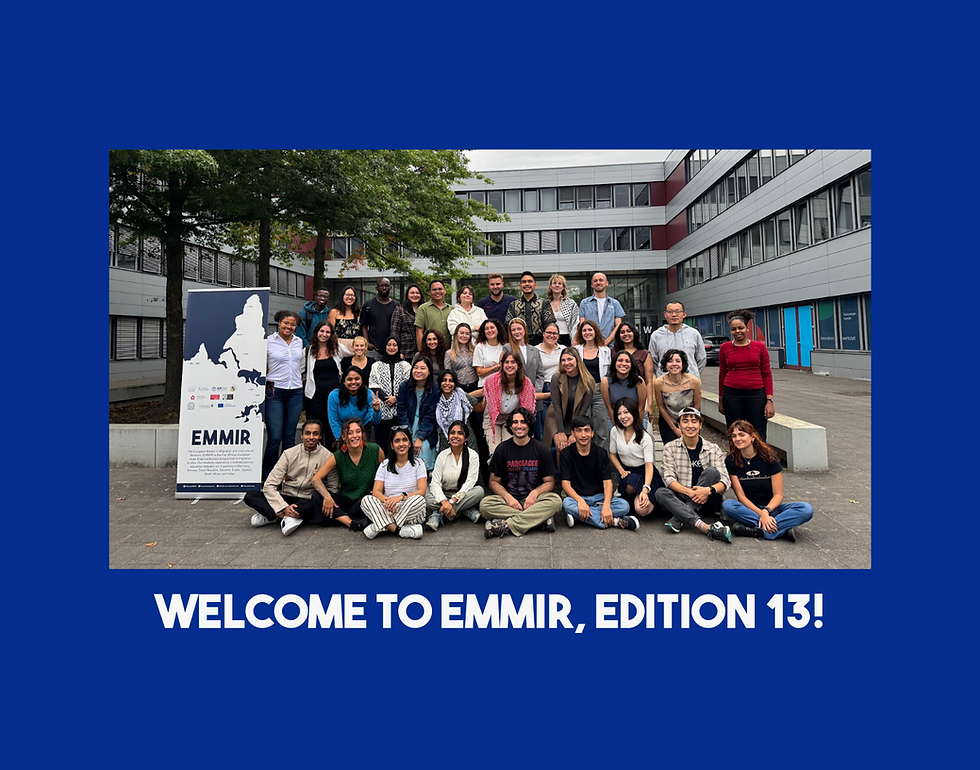Emilio's Internship: How does deforestation relate to migration?
- Oct 10, 2018
- 2 min read
Updated: Jan 13, 2019

My name is Emilio Cabrera and I am working in the UNDP regional center based in Panama, Panama, working directly with the Green Commodities Programme team. My role in the UNDP Regional center has been supporting the GCP team with procurement processes, research on due diligence procedures, financial grant proposals, human resources parameters and planning and assessment of events in the countries the team operates such as Indonesia, Brazil, Costa Rica, Paraguay, Ghana, and others.

Since 2009 the United Nations Development Programme launched the Green Commodities Programme aiming at addressing the pressing global issue of deforestation, targeting global commodities driven by international markets, in hopes of creating systemic change across all sectors in the production of commodities in a sustainable way. UNDP GCP aims to institutionalize and bring forth systemic change in the way commodities are produced and approached, by national governments, the private sector, and small stakeholders and agriculture producers.
My role as an event, admin and logistics intern has been multifaceted. As I edit our Indonesia country team reports on the production of palm oil, I see the direct relationship that migration has in perpetuating damaging practices to the environment. Various studies have addressed this before; there seems to be a direct positive correlation between migration and deforestation rates. As people move into new areas, they introvertedly repeat patterns of deforestation and shoddy practices in the production of commodities such palm oil in Indonesia, soy and beef in Paraguay and Brazil, pineapple in Costa Rica, cocoa in Ghana, and others. Both, indigenous and migrant communities repeat poor practices in the production of commodities due to lack of education and economic opportunities elsewhere that citizens and members of the majority in each country do not face.
As expected, working with an international organization has had many benefits and limitations. The processes are slow, the legality and bureaucracy are ever present. However, the highly qualified, passionate and sincere group of coworkers, from supervisors, colleagues, and other UN agencies, make it an exciting body to be a part of. We work for the environment and for the people that are in most need of all our natural resources. As I turn past midpoint my four month and half commitment with the UNDP, I’m excited to see what lies ahead in the remaining half of it and how the connection between migration and deforestation becomes more evident.



Comments